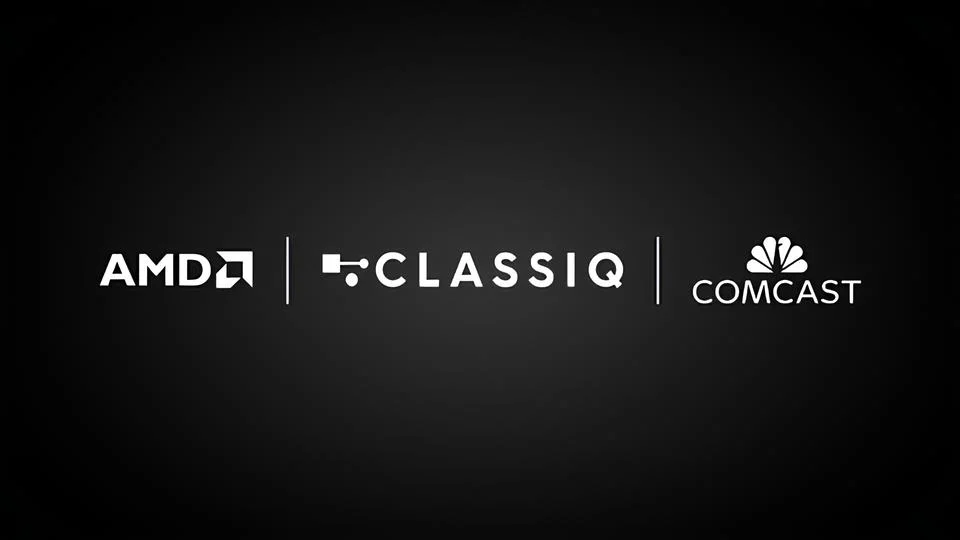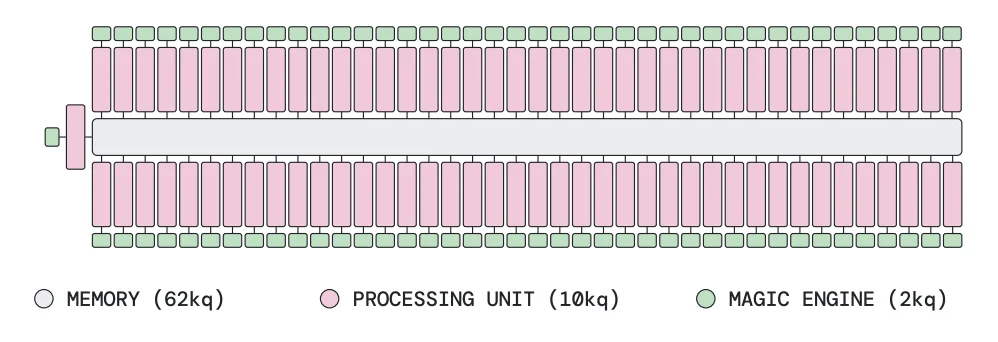PRESS RELEASE: Riverlane is leading a consortium with Rigetti Computing, alongside existing partners Astex Pharmaceuticals, to advance quantum computing for drug discovery. The trio will develop an integrated application for simulating molecular systems using Rigetti Quantum Cloud Services, paving the way for a commercial application that could transform drug discovery in pharmaceutical R&D.
“Quantum computers provide a fundamentally different approach that could enable pharmaceutical companies to identify, screen, and simulate new drugs rather than using expensive, trial-and-error approaches in the laboratory.”
The average cost of discovering a new drug and bringing it to market has tripled since 2010, reaching almost $3 billion in 2018. However, soaring R&D costs have not translated into shorter times to market or higher numbers of newly approved drugs.

“We want to solve this problem by using quantum computers to speed up the process of drug discovery,” says Chris Murray, SVP Discovery Technology at Astex. “Quantum computers provide a fundamentally different approach that could enable pharmaceutical companies to identify, screen, and simulate new drugs rather than using expensive, trial-and-error approaches in the laboratory.”
To design more efficient drugs and shorten the time to market, researchers rely on advanced computational methods to model molecular structures and the interactions with their targets. While classical computers are limited to modelling simple structures, quantum computers have the potential to model more complex systems that could drastically improve the drug discovery process. However, today’s quantum computers remain too noisy for results to evolve past proof-of-concept studies.
“The UK has bold ambitions to be the world’s first quantum-ready economy, harnessing the transformative capabilities of the technology to tackle global challenges such as climate change and disease outbreak.”
“Building on previous work with Astex, our collaboration aims to overcome this technological barrier and address a real business need for the pharmaceutical sector,” says our CEO Steve Brierley. The project will leverage Riverlane’s algorithm expertise and existing technology for high-speed, low-latency processing on quantum computers using Rigetti’s commercially available quantum systems. The team will also develop error mitigation software to help optimise the performance of the hardware architecture, which they expect to result in up to a threefold reduction in errors and runtime improvements of up to 40x. “This is an important first step in improving the performance of quantum computers so that they can solve commercially relevant problems,” Brierley adds.
Science Minister Amanda Solloway says, “The UK has bold ambitions to be the world’s first quantum-ready economy, harnessing the transformative capabilities of the technology to tackle global challenges such as climate change and disease outbreak.”
Source: Riverlane
If you found this article to be informative, you can explore more current quantum news here, exclusives, interviews, and podcasts.















